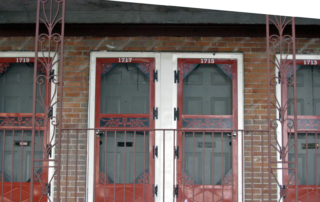Race, Ethnicity, Gender, and the Economy
IWPR’s Program on Race, Ethnicity, Gender and the Economy conducts original research and policy analysis using intersectional and racial equity frameworks to better understand the experiences of women of color, their families and communities in the economy and society.

Breadwinner Mothers by Race/Ethnicity and State
With the large majority of U.S. mothers in the labor force and a steady decline in the real earnings of all workers over recent decades, families are increasingly relying on mothers’ earnings for economic stability. In the United States, half of all households with children under 18 have a breadwinner mother, who is either a single mother who heads a household, irrespective of earnings, or a married mother who provides at least 40 percent of the couple’s joint earnings.
Black Women Are Among Those Who Saw the Largest Declines in Wages over the Last Decade
Institute for Women’s Policy Research (IWPR) analysis of data from the American Community Survey finds that between 2004 and 2014, Black women’s real median annual earnings for full-time, year-round work declined by 5.0 percent—more than three times as much as women’s earnings overall.
Poverty, Gender, and Public Policies
Over the last few decades, women’s increased labor force participation, education, and earnings have helped many women attain economic security. Yet, a substantial number of women in the United States face economic hardship.
Get to the Bricks: The Experiences of Black Women from New Orleans Public Housing After Hurricane Katrina
Get to the Bricks: The Experiences of Black Women from New Orleans Public Housing After Hurricane Katrina presents the results of qualitative research conducted with 184 low-income black women who lived in public housing prior to Hurricane Katrina and the flooding of New Orleans, and who were displaced by the hurricane and the closure and demolition of their housing.






